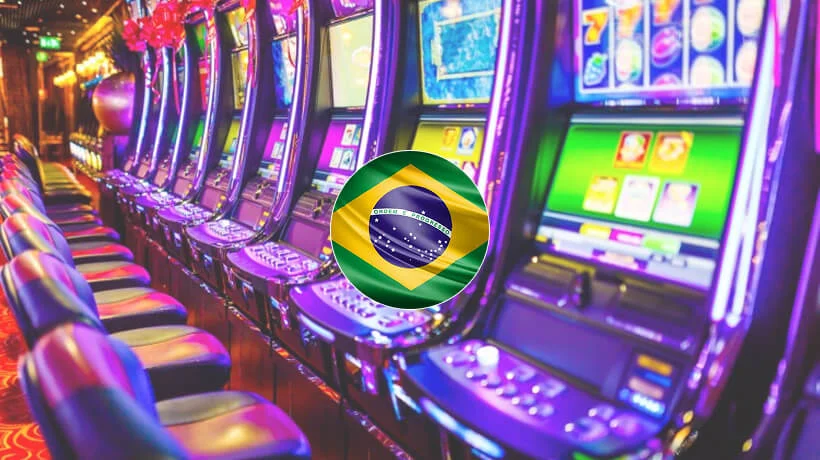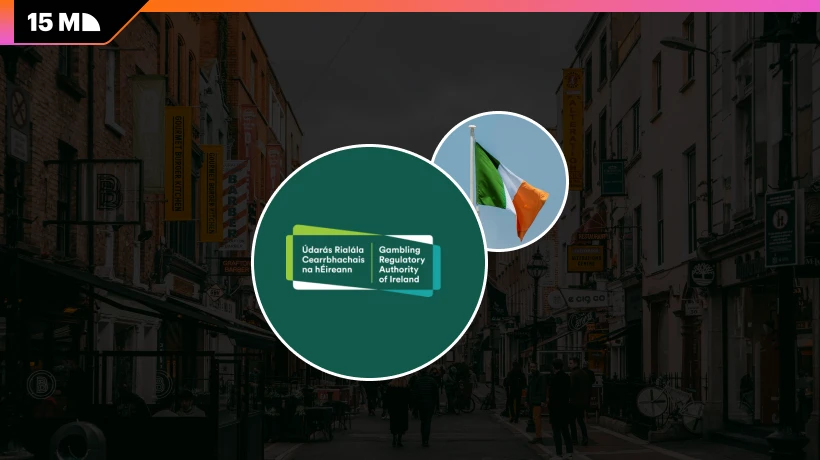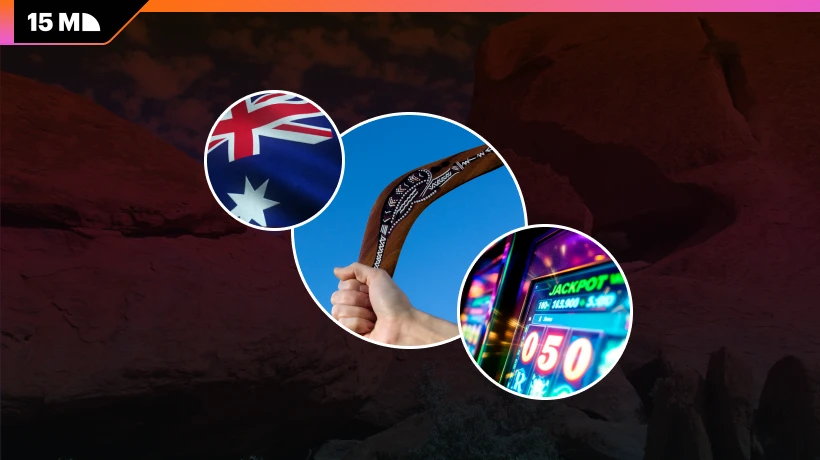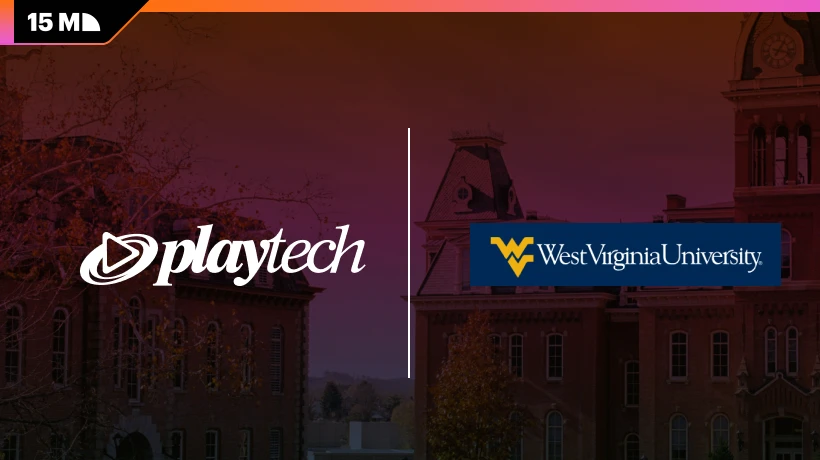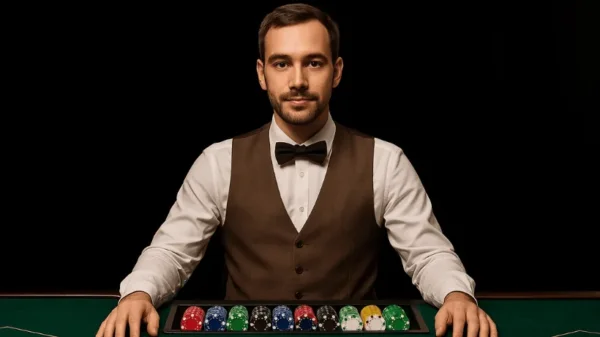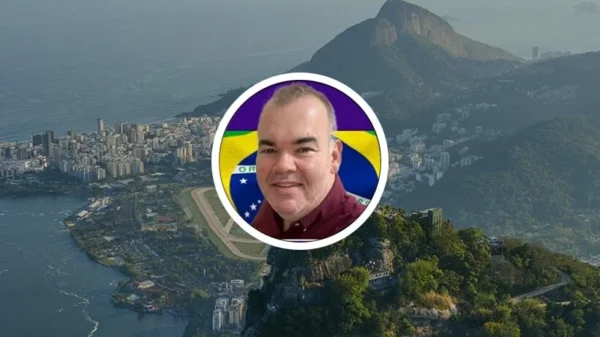Brazil’s government is developing a centralized system for betting self-exclusion, led by the Finance Ministry through its Secretary of Prizes and Betting (SPA). The initiative involves collaboration with the Health, Sport, and Communications ministries, highlighting the country’s commitment to gambling harm reduction.
Why Brazil Needs a Unified Exclusion System
Most Brazilian bettors maintain accounts with multiple operators, making self-exclusion complicated. Currently, players must contact each licensed operator individually to deactivate accounts, a process that is time-consuming and often incomplete.
The new system will allow users to close all betting accounts at once and stop receiving promotional messages from all operators simultaneously. Licensed operators generated BR17.4bn ($3.1bn) in gross gaming revenue during H1 2025, underscoring the importance of strong player protection measures.
What the Government System Will Do
- Close all accounts registered on licensed betting platforms simultaneously.
- Block all advertising targeting excluded players.
- Support professional training in the national health system for specialized treatment of problem gambling.
- Continue enforcement against illegal operators, including blocking hundreds of unauthorized betting domains in coordination with the National Telecommunications Agency.
How This Changes Brazil’s Gambling Landscape
This initiative marks a major step in comprehensive harm reduction. Brazil is moving beyond licensing to build robust player protection infrastructure. The multi-ministry approach signals that health and social impacts are now key government priorities.
Healthcare professional training recognizes problem gambling as a medical issue, potentially establishing new national treatment standards. For operators, integration with this unified system will become mandatory, replacing individual self-exclusion tools. Implementing these safeguards early in Brazil’s regulated market could prevent significant issues as the industry grows.
